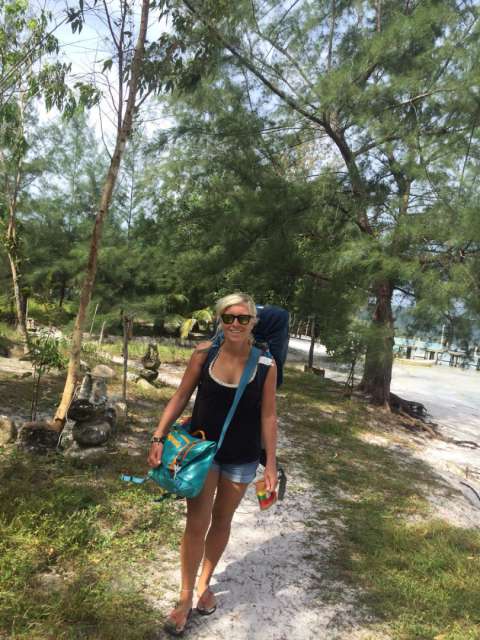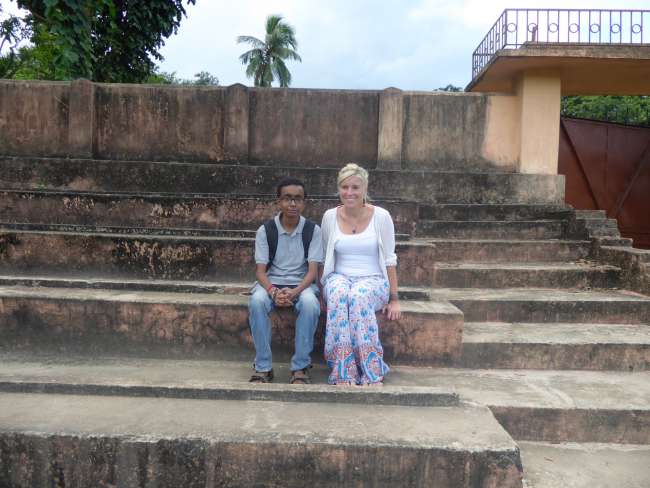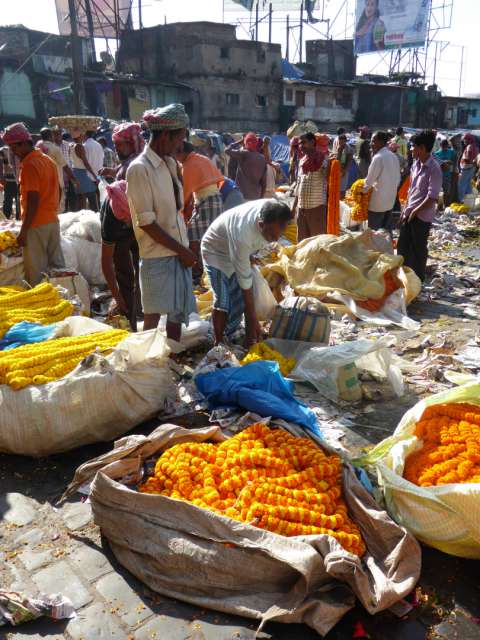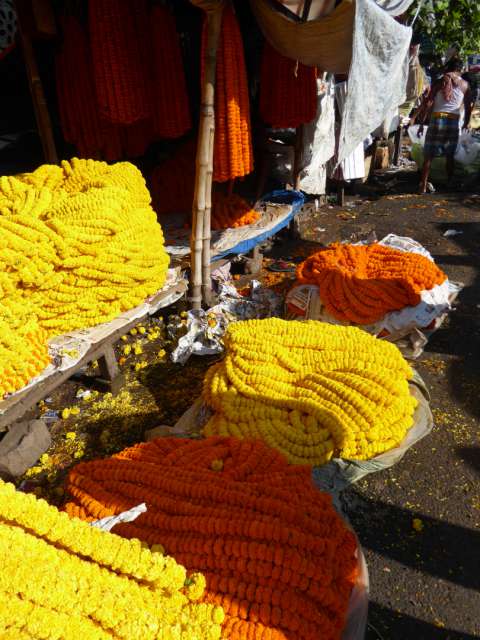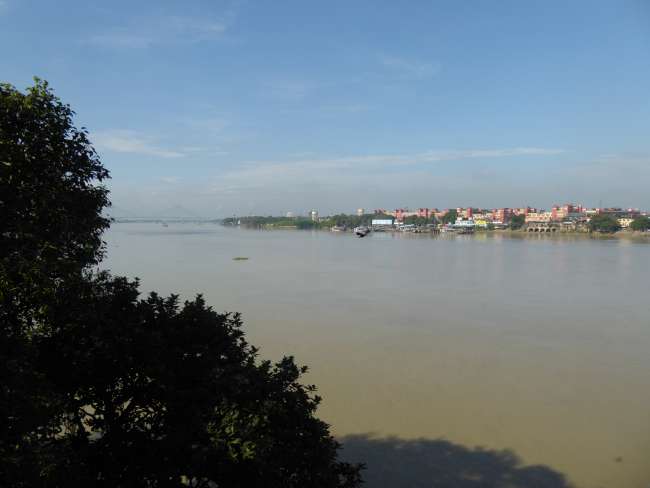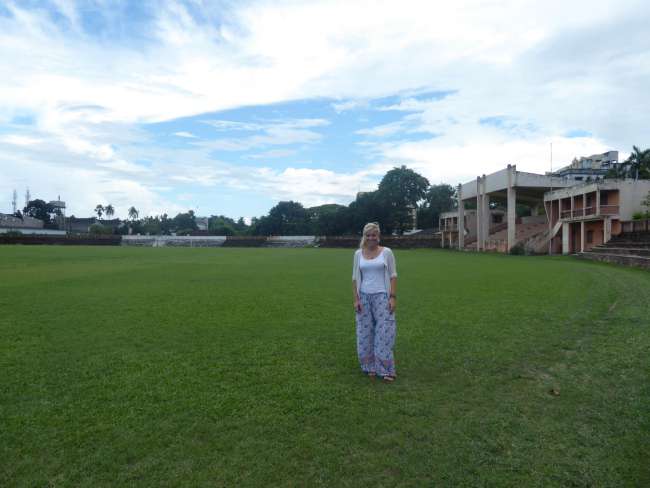Working at Prem Dan
പ്രസിദ്ധീകരിച്ചു: 29.09.2016
വാർത്താക്കുറിപ്പിലേക്ക് സബ്സ്ക്രൈബ് ചെയ്യുക
Auntie, auntie,... this is a word you have to get used to when working in an Indian nursing home. According to my volunteer colleagues, it is a term of endearment that also carries respect, but there is no direct translation. However, when this term echoes through the premises of Prem Dan, the nursing home operated by the Missionary of Charity (the order founded by Mother Teresa) in the midst of the slums of Kolkata, you know that you are needed. Whether it's feeding, assisting with toileting, changing bed sheets, or turning a bedridden patient, or simply hugging them, volunteers are able to provide the most valuable support in addition to helping with everyday tasks.
Our day as volunteer colleagues usually starts in the in-house laundry, where large quantities of linen, towels, underwear, and nightgowns are washed in a tub without the use of a washing machine, every day. After that, we take care of the elderly ladies. And they are indeed ladies, even though they are sitting there in their nightgowns, with parts of their bodies including their eyes burned, needing assistance to go to the toilet or eat, having likely experienced incredible suffering before being picked up by the Missionary sisters on the streets... these women have not lost their pride and smile. I have received the warmest hugs from them through simple acts like painting their nails, combing their hair, or breaking cookies into small crumbs because they no longer have teeth.
From Saturday onwards, I will also be working at an orphanage in the afternoons in addition to my work at Prem Dan in the mornings. I am already very excited about this work as well.
Fortunately, besides the demanding work as a volunteer, I have also had the opportunity to gain other insights into Kolkata. This morning, I set off for the Flower Market at six o'clock. The walk through the streets of Kolkata at this time, when life is just beginning to pulsate and everyone is waking up, was very impressive for me. Here, a beard is being shaved, teeth are being brushed (all on the sidewalk), the first early birds gather around the tea stalls to enjoy the obligatory cup of chai in the typical small clay pots. Hand-pulled rickshaws bring their first customers to their desired destination (India is still one of the few countries where pulling rickshaws with people is allowed), and a vendor skillfully steers his bicycle with about twenty dead chickens tied to it through the traffic.
Despite all this magic, I must admit that I was quite nervous to take the approximately one-hour journey (50 minutes on foot and 10 minutes on the subway) all by myself. The proof of this is that I first spent five minutes observing the bustling market from a small pedestrian crossing that offers a view of the Flower Market, and was about to turn back. There was simply incredible chaos and, as always, absolutely no tourists in sight. Luckily, I decided to venture into the crowd. The people were friendly as always, but not intrusive. A well-dressed man shouted to me as he passed by, "You are very welcome to India," which somehow shows that even a city like Kolkata is slowly opening up to tourism. Thanks to my decision to take the market tour, I was also able to catch a beautiful view of the huge Howrah Bridge and the Hooghly River, a tributary of the Ganges.
I spent most of today with Bodi. Who is he? The easiest way to explain is that his brother is engaged to my sister :-) as a "local," he showed me a completely different, calmer, and more peaceful corner of Kolkata: Garia, a southern part of the city. Thanks to Bodi, I was able to visit the beautiful green campus of his college and enjoy delicious Bengali food (and... also almost have a heart attack when we encountered a 1.5-meter long monitor lizard in the middle of the campus :-)).
Namaste from this stirring, fascinating, frightening, and at the same time very special city!
വാർത്താക്കുറിപ്പിലേക്ക് സബ്സ്ക്രൈബ് ചെയ്യുക
ഉത്തരം

